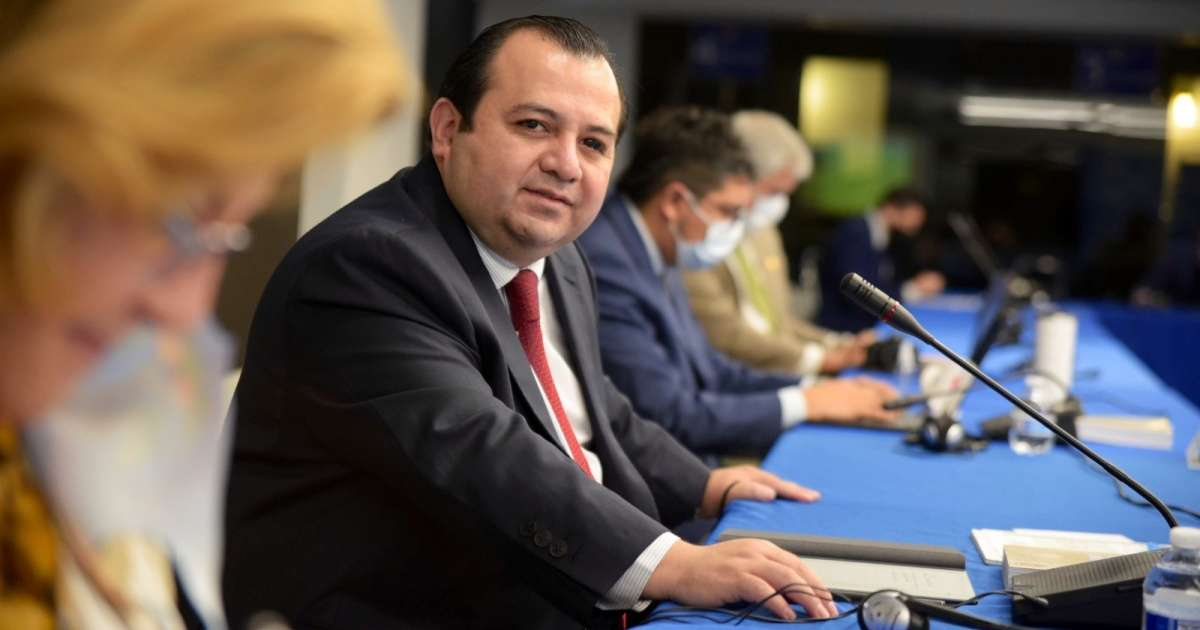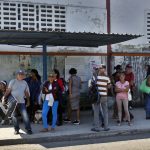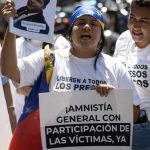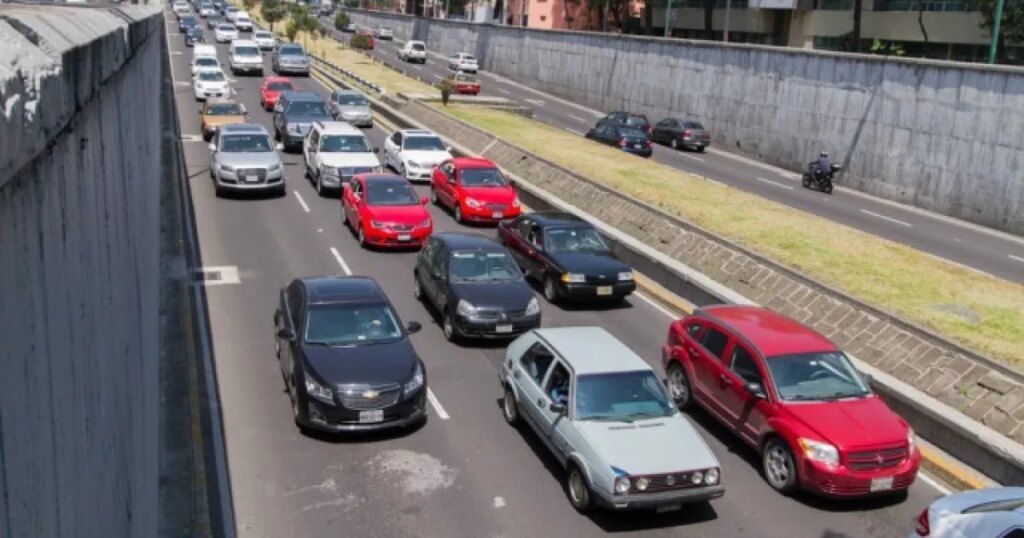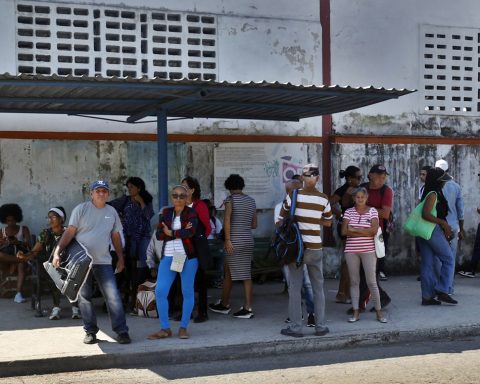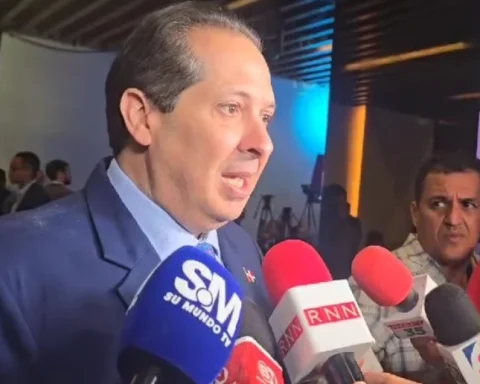The first vice president of the Inter-American Commission on Human Rights (IACHR), Edgar Stuardo Ralón Orellana, denounced that in Nicaragua, Venezuela and Cuba political prisoners and prisoners of conscience are treated as “enemies of the system.”
In an interview for the show Tonight, of Confidentialthe also rapporteur on the rights of prisoners warned that the population of these three countries lives under a “regime of total repression.”
“Normally in these regimes where there is authoritarianism, where there is no democracy, obviously the detainees are treated as enemies of the system: of the single party or the dominant one and, on that basis, because many rights are injured as enemies,” said Ralón Orellana. .
Related news: Boric attacks Ortega in Celac: “Nicaraguan political prisoners must be released”
“We could say that many detention centers are contrary to international standards: there is cruel, inhuman, degrading treatment, torture, and finding material or having reading material is obviously not within the scheme of these repression centers, more than detention,” said the delegate in an interview with journalist Cindy Regidor.
Likewise, the IACHR official reiterated that both in Nicaragua, as in Cuba and Venezuela, “despite the fact that the Commission has requested it, they are not allowed to enter.”
Faced with this situation, according to Edgar Ralón, the IACHR collects the testimonies of the relatives of the political prisoners to learn about the conditions in which the detainees are found.
The relatives “tell us about the difficult situation, in which the visits that are allowed to them are very sporadic. They live in tremendous anguish and every time they can talk to their relatives they talk about these repressive treatments where they are obviously surviving the mistreatment they receive in detention centers,” the commissioner explained.
“And it is not at all a subject where there is some reading material, but rather it is the apparatus of systematic violations of the human rights of people, the majority of political prisoners,” he added.
Denying reading material is an act of “torture”
The vice president of the IACHR assured that prisons where reading material is prohibited can be classified as “isolation or torture regimes.” In addition, he pointed out that denying a book or a Bible to political prisoners can impact them in different ways.

«The staff of those who suffer from it when there is an isolation regime of not being able to read, communicate, see sunlight, there is a great affectation on the mental health of the person who is detained, where they even begin to doubt their own person, of what is happening outside, there is a delusion and he begins to have a problem to recognize the reality or the context by which he got there, “he explained.
“The other effect also occurs with respect to family members, because the object is to instill fear, silence, dissenting voices that something like saying if you think differently from the regime, severe treatment can happen to you,” he added.
Edgar Ralón also stressed that “there is no justification” for the authorities in Nicaragua, Venezuela and Cuba to deny reading material to political prisoners. “The fact that a person is detained, well, that limits his freedom in terms of movement, but it does not detach him from other rights that are inherent to every person,” he said.
Ortega, in total isolation
The IACHR commissioner maintained that the Nicaraguan dictatorship has opted for isolation, “to separate from the Inter-American System, not to attend the hearings to which it is invited.”

«When a State does not participate and isolates itself, the message it sends is that it is not willing to scrutiny or accountability, which is typical of a democracy. This is an attitude that is detrimental to people who may suffer abuses and human rights violations, because there is simply no possibility of scrutiny, of being able to assume international obligations so that these behaviors are not repeated or that they stop,” he remarked.
Faced with the isolation of the regime, Ralón urged to continue making visible the cruel, inhuman, degrading treatment, prohibitions of being able to have a Bible, to write and read; «Aspects of repression that affect his mental health».
In addition, he demanded that the regime of Daniel Ortega and Rosario Murillo release the more than 230 political prisoners and prisoners of conscience. “Immediate release because they should never have been detained for having a different opinion from the regime,” he concluded.
